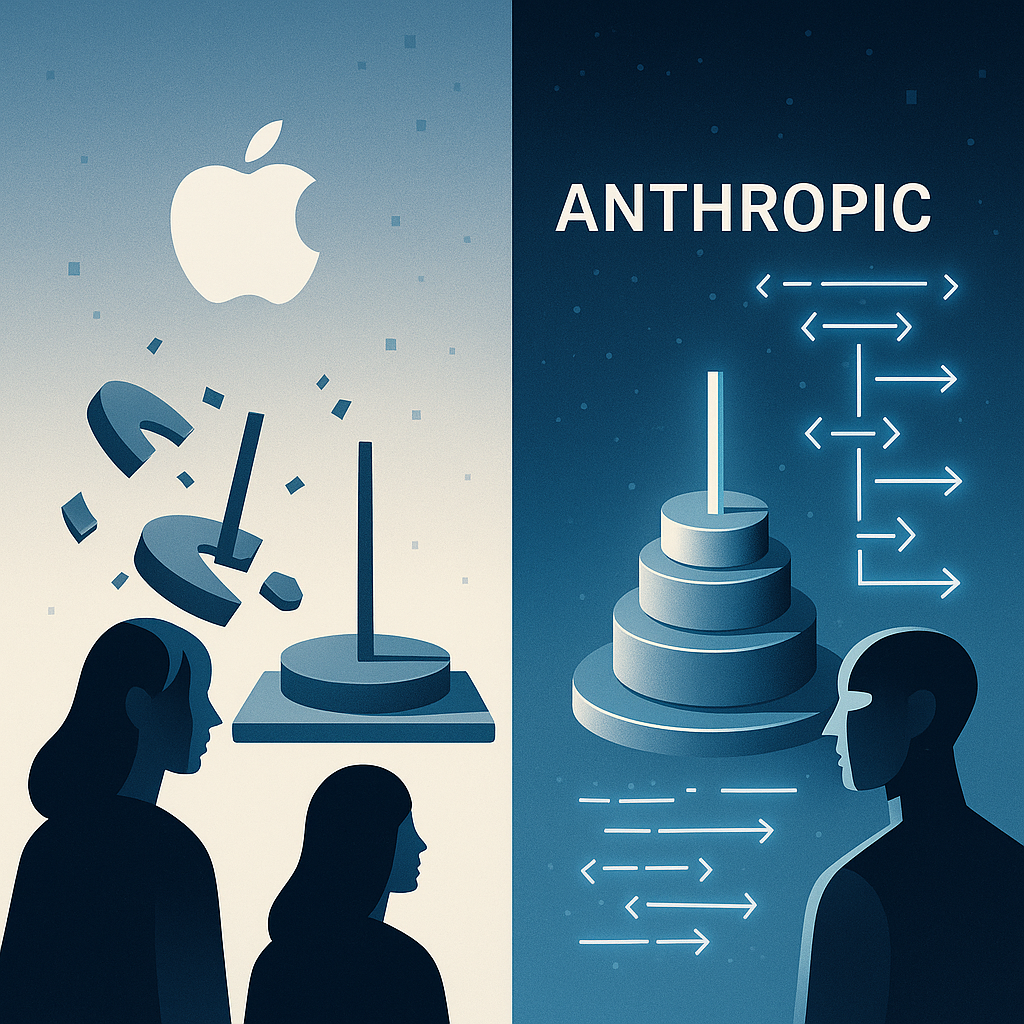Publishers across Europe are taking aim at Google’s latest AI feature, claiming it’s stealing their content and destroying their livelihoods. The Independent Publishers Alliance has launched a formal complaint with the European Commission, arguing that the tech giant’s AI Overviews feature represents a dangerous abuse of market power that threatens the future of independent journalism.
AI Summaries Spark Publisher Rebellion
Google’s AI Overviews feature creates automatic summaries from web content and places them prominently at the top of search results. Publishers argue this practice devastates their traffic and revenue by giving users the information they need without requiring them to visit the original websites. The feature began as Search Generative Experience in May 2023 before rebranding to AI Overviews.
The global rollout has been swift and comprehensive. Google introduced AI Overviews to all US users in May 2024, then expanded to over 100 countries by October 2024. The feature now operates in more than 200 countries and territories across over 40 languages, including English, Hindi, Indonesian, Japanese, Portuguese, and Spanish.
Also Read: Is Apple losing the Smart Home war over its AI stumbles?
In May 2025, Google began inserting advertisements directly within these AI summaries, monetizing content originally created by publishers.
Publishers face an impossible choice according to the complaint. They cannot prevent Google from using their content in AI overviews without simultaneously losing visibility in regular search results. This creates what they describe as forced participation, since blocking Google’s AI would make them invisible on the platform entirely.
Google Pushes Back Against Criticism
Google defends its position by pointing to the billions of clicks it directs to websites daily through its services. The company dismisses claims about declining web traffic as based on incomplete and misleading data.
Google maintains that traffic fluctuations stem from various factors including seasonal changes and shifting user interests rather than AI Overviews specifically.
The search giant frames AI Overviews as creating new opportunities for user exploration and discovery. Google’s AI features deliver quick, comprehensive answers while still including links to original sources for users wanting additional information. The company views this as improving rather than harming the user experience.
Also Read: Is Artificial Intelligence creating a deep crisis for modern education?
Research reveals that AI-generated search responses consume approximately ten times more energy than traditional Google searches. Early studies examining the environmental impact of AI Overviews have raised sustainability concerns about the feature’s energy consumption.
Regulators Face Pressure to Act
The complaint has been submitted to both the European Commission and the UK’s Competition and Markets Authority, with both organizations confirming receipt. The Movement for an Open Web and Foxglove Legal Community Interest Company have joined the Independent Publishers Alliance in supporting the legal action.
Rosa Curling, co-executive director of Foxglove, emphasized that AI Overviews represent an existential threat to independent journalism. She demanded immediate regulatory intervention to protect media diversity and ensure fair competition in digital markets. The complaint seeks interim measures to stop what publishers describe as ongoing damage to their operations.
This legal challenge reflects similar disputes in the United States, where educational technology companies have accused Google’s AI features of reducing demand for original content. The UK’s Competition and Markets Authority has already proposed granting Google “strategic market status” in general search and advertising, which could enable targeted regulatory actions.
Also Read: AWS and Anthropic launch ‘Project Rainier’, a new AI superpower
Google’s AI integration builds on previous practices that keep users on Google’s platform rather than directing them to external websites. The Markup’s 2020 investigation found that 41% of Google’s first page search results featured Google’s own content and products. Users currently cannot disable AI Overviews, adding to publisher frustrations about the feature’s mandatory nature.
The outcome of this complaint could fundamentally reshape how AI features operate within search engines across Europe and potentially influence similar regulations worldwide.





